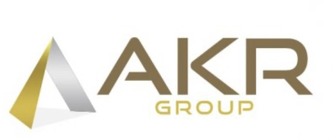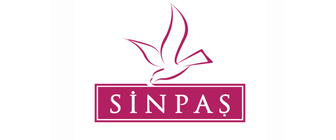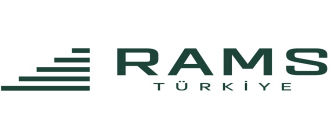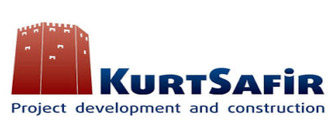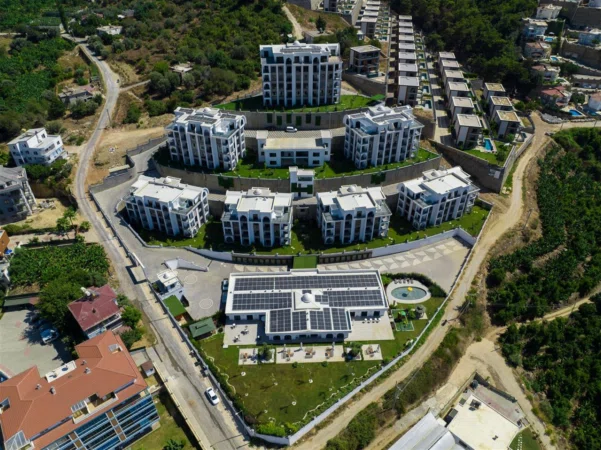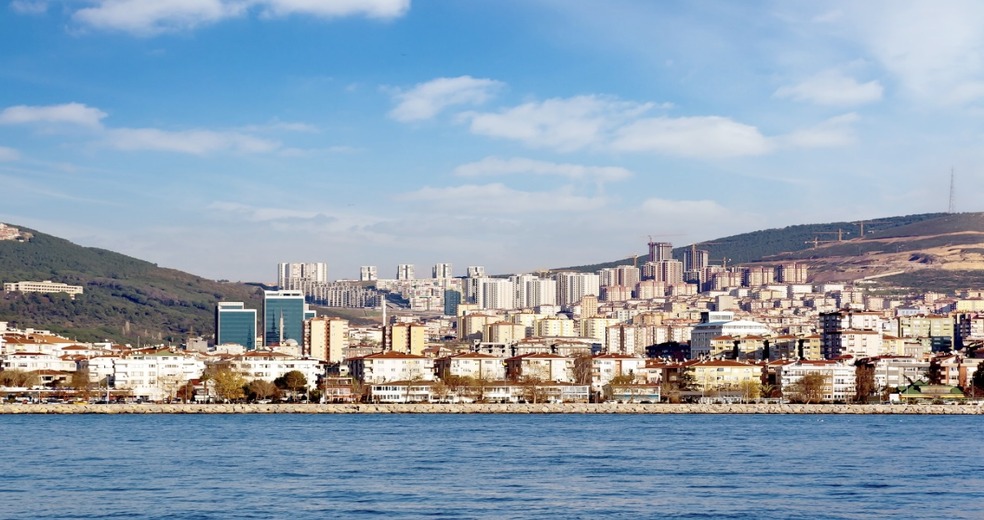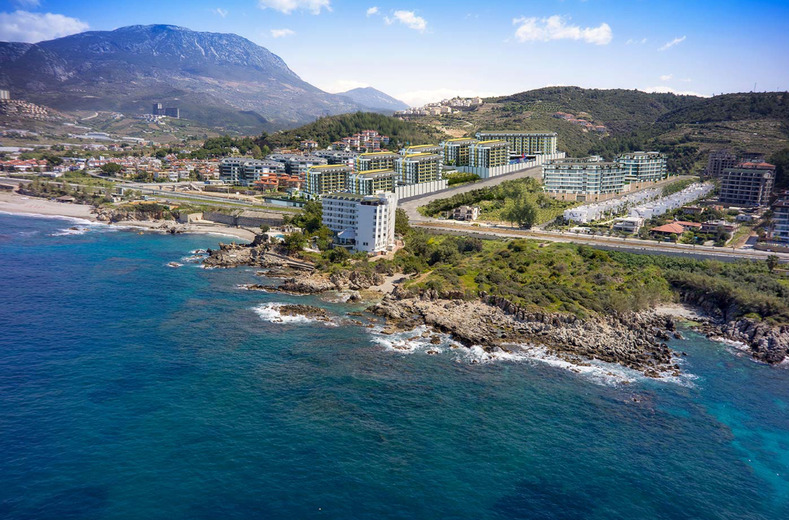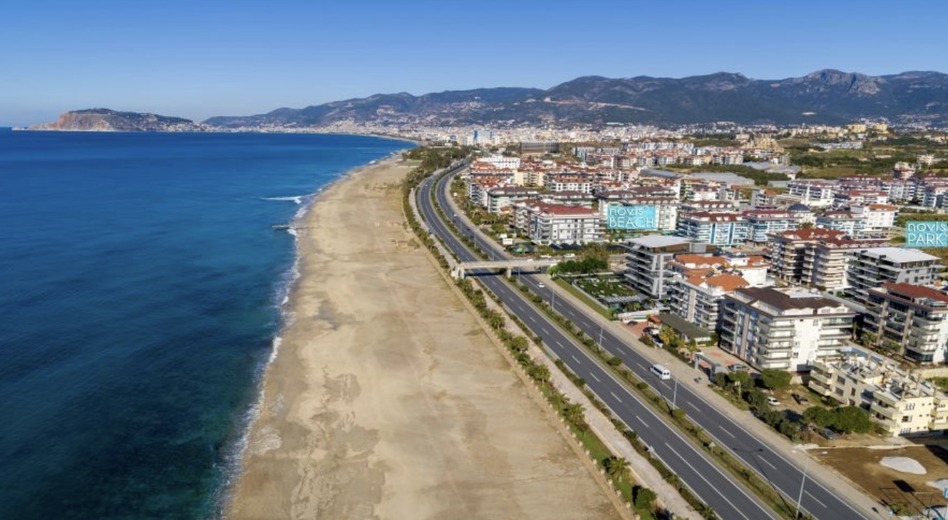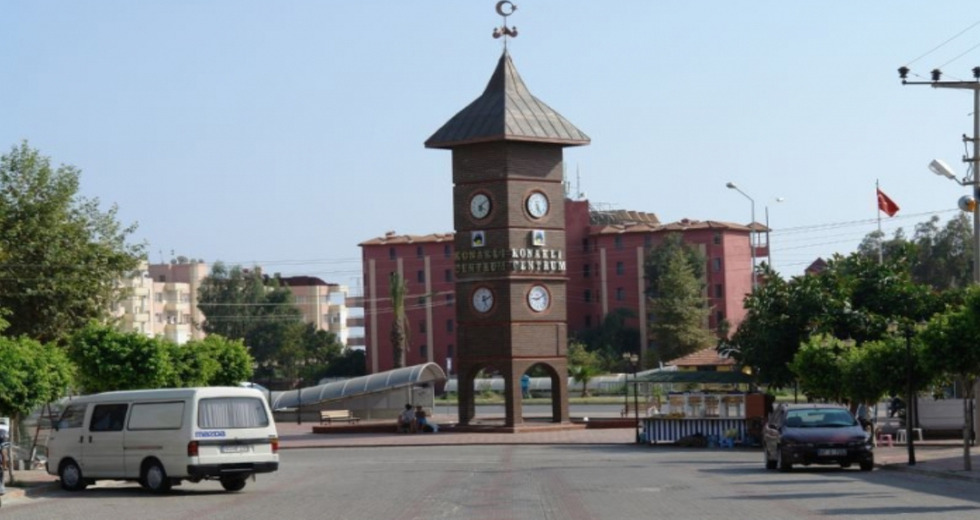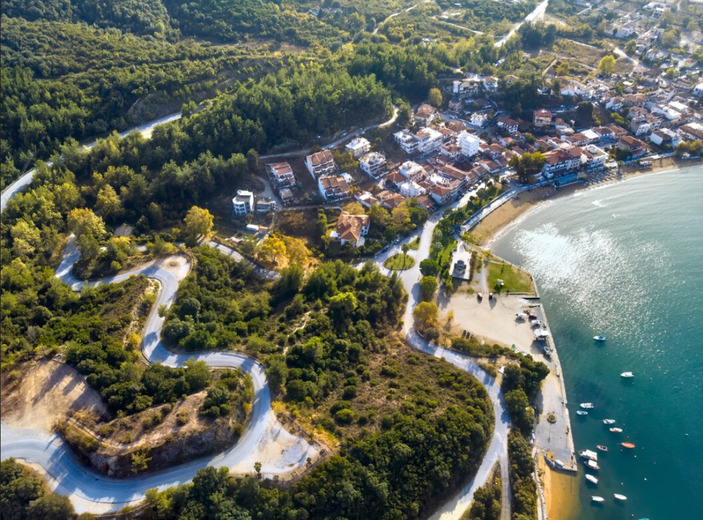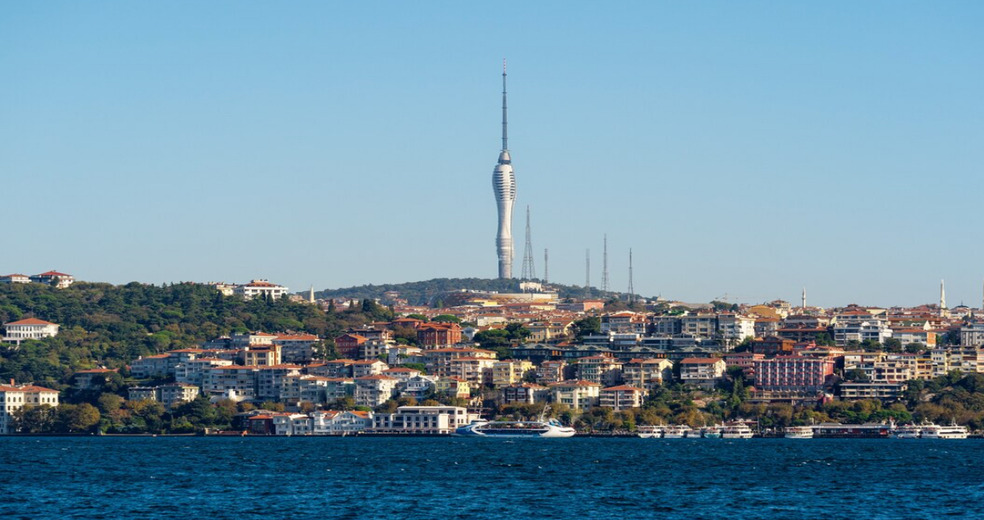Turkey’s FDI Surges 58% to $10.8 Billion, Driven by Digital Economy Investment

Turkey is demonstrating a powerful renewal of global investor confidence, experiencing a sharp upturn in foreign direct investment (FDI) this year.
According to Uluslararası Yatırımcılar Derneği / YASED (International Investors Association)
Based on data compiled from the Central Bank of the Republic of Turkey's (TCMB) balance of payments statistics, the "Foreign Direct Investment Bulletin" published by YASED revealed that Turkey attracted $1.8 billion in foreign capital inflows in August 2025 alone.
This strong monthly performance pushed the total foreign direct investment inflows for the first eight months of 2025 to a robust $10.8 billion. Crucially, this total marks a massive 58% jump compared to the same period in 2024, signaling rapidly growing international interest in, and confidence toward, the Turkish market's prospects.
Strong inflows led by the information and communication sector mark a significant boost in investor confidence.
The Information and Communication sector (ICT) emerged as the undisputed star performer, spearheading the investment drive. Out of the $1.5 billion in total equity capital inflow in August, a staggering $1 billion (or 69%) was channeled directly into the ICT segment. Wholesale and retail trade followed, accounting for a steady 10% share.
Looking at the broader period from January to August, the top magnets for foreign capital were: wholesale and retail trade ($2.5 billion), followed by information and communication and food manufacturing (both attracting $1.2 billion each).
In terms of capital origin for the month of August 2025, the Grand Duchy of Luxembourg led the charge, contributing a dominant 71% of the total share. The Netherlands was the second largest source with 14%, while Switzerland, Azerbaijan, and Ireland each rounded out the top contributors with a 2% share.
This dramatic upward trend solidifies Turkey's position as a strategically vital destination for global investors, particularly those targeting sectors that power the digital economy and international trade flows.
Meaning for the Turkish Real Estate Sector
The massive FDI surge, particularly its concentration in the ICT sector, has several critical implications for Turkish real estate:
- Commercial Real Estate Demand (Office/Tech Hubs): The $1 billion ICT investment will directly fuel demand for Grade A office space and tech park development in major metropolitan centers like Istanbul, Ankara, and Izmir, where tech companies establish their regional headquarters.
- Residential Demand in Tech Districts: The influx of foreign IT specialists and high-skilled labor (a result of large FDI deals) will drive strong rental demand and price appreciation in residential districts near commercial and R&D tech hubs.
- Logistics & Industrial Real Estate: The consistently high investment in Wholesale and Retail Trade ($2.5 billion) directly translates into sustained demand for modern logistics centers, warehouses, and industrial parks, especially those near ports and major trade routes.
- Macro-Economic Stability: A 58% increase in FDI signals growing international trust in Turkey's economic policies, which is a powerful macro-stabilizer. This stability reduces perceived risk and makes the entire real estate market more attractive to conservative, long-term global property investors.


